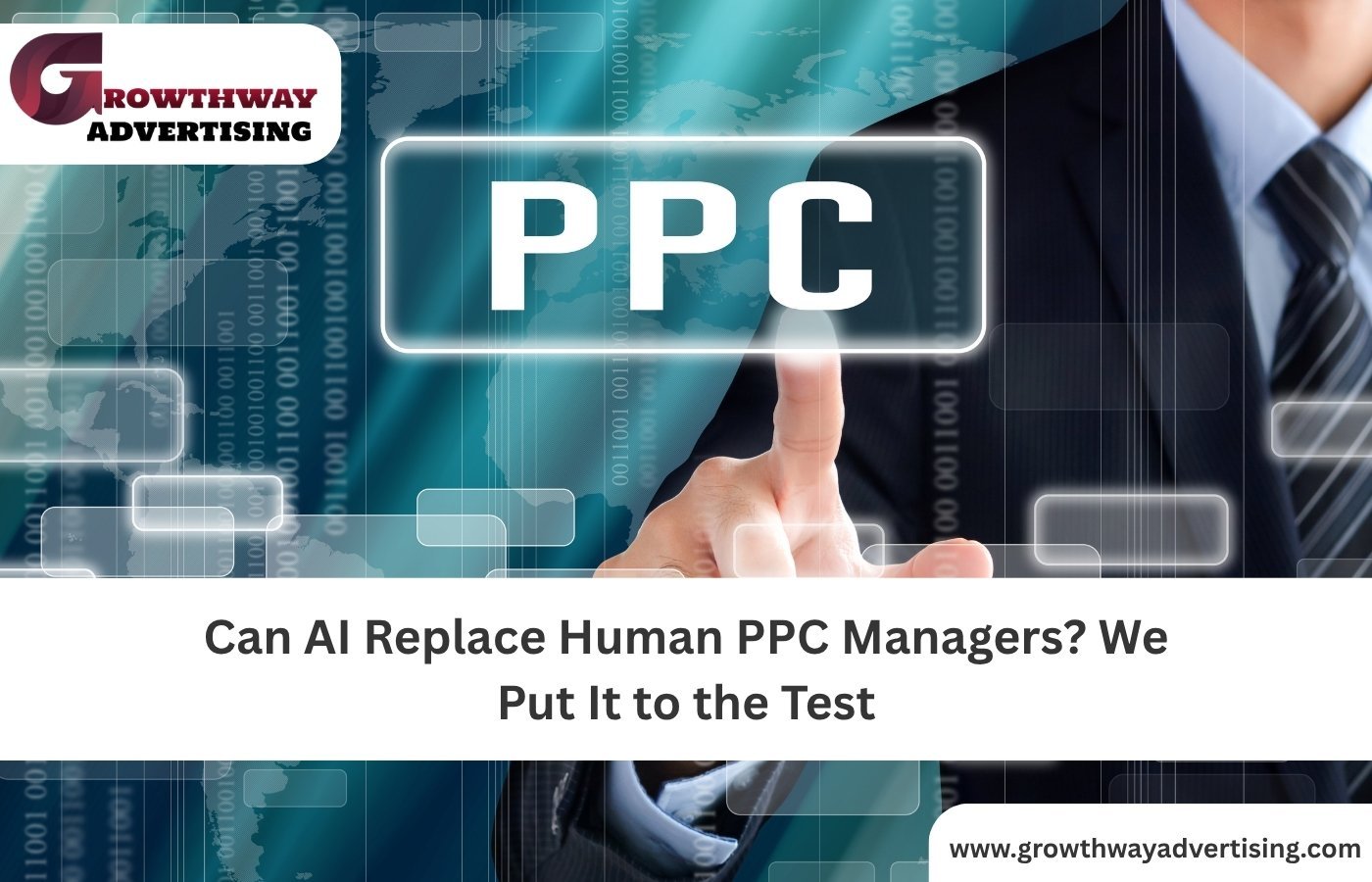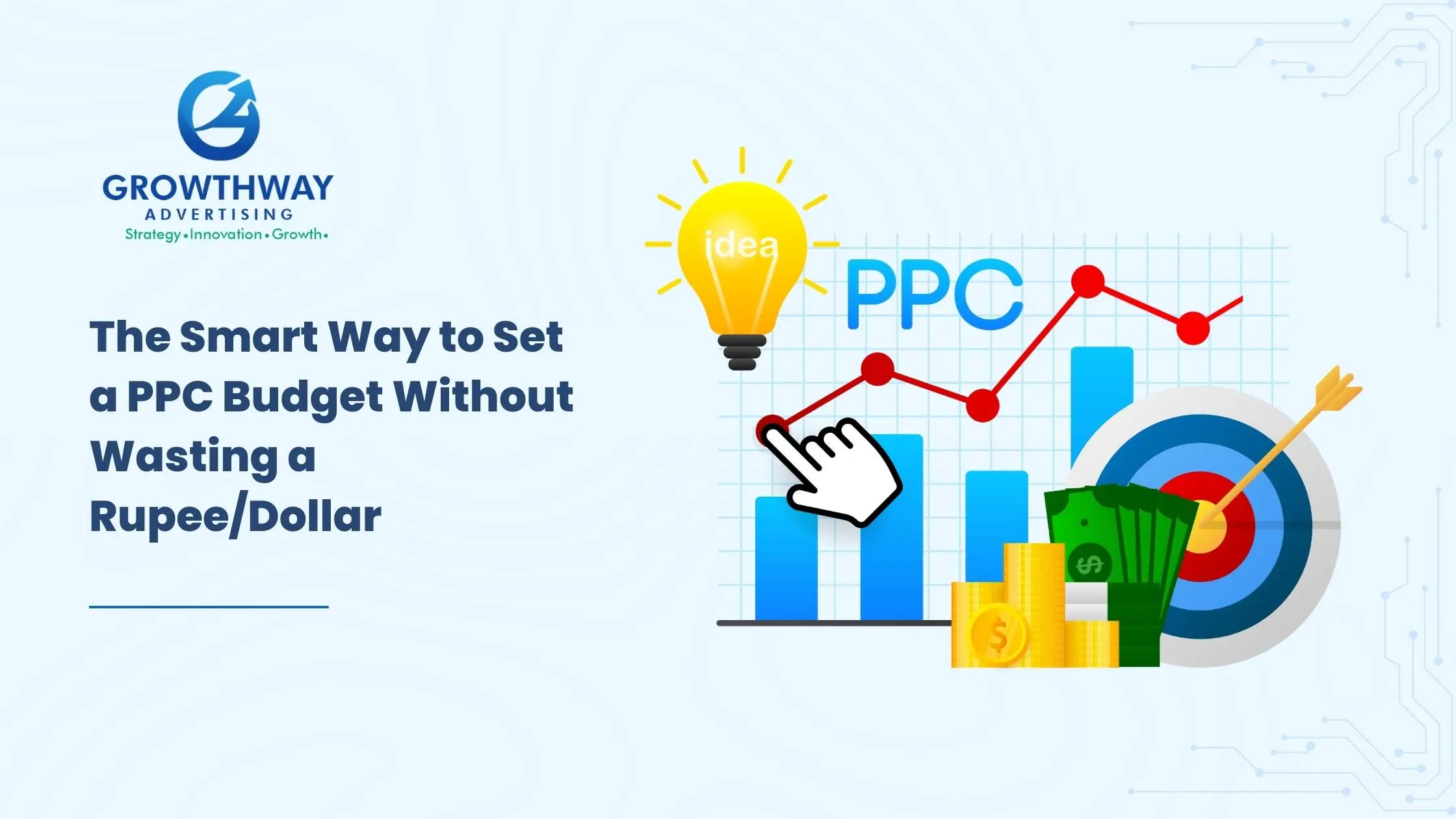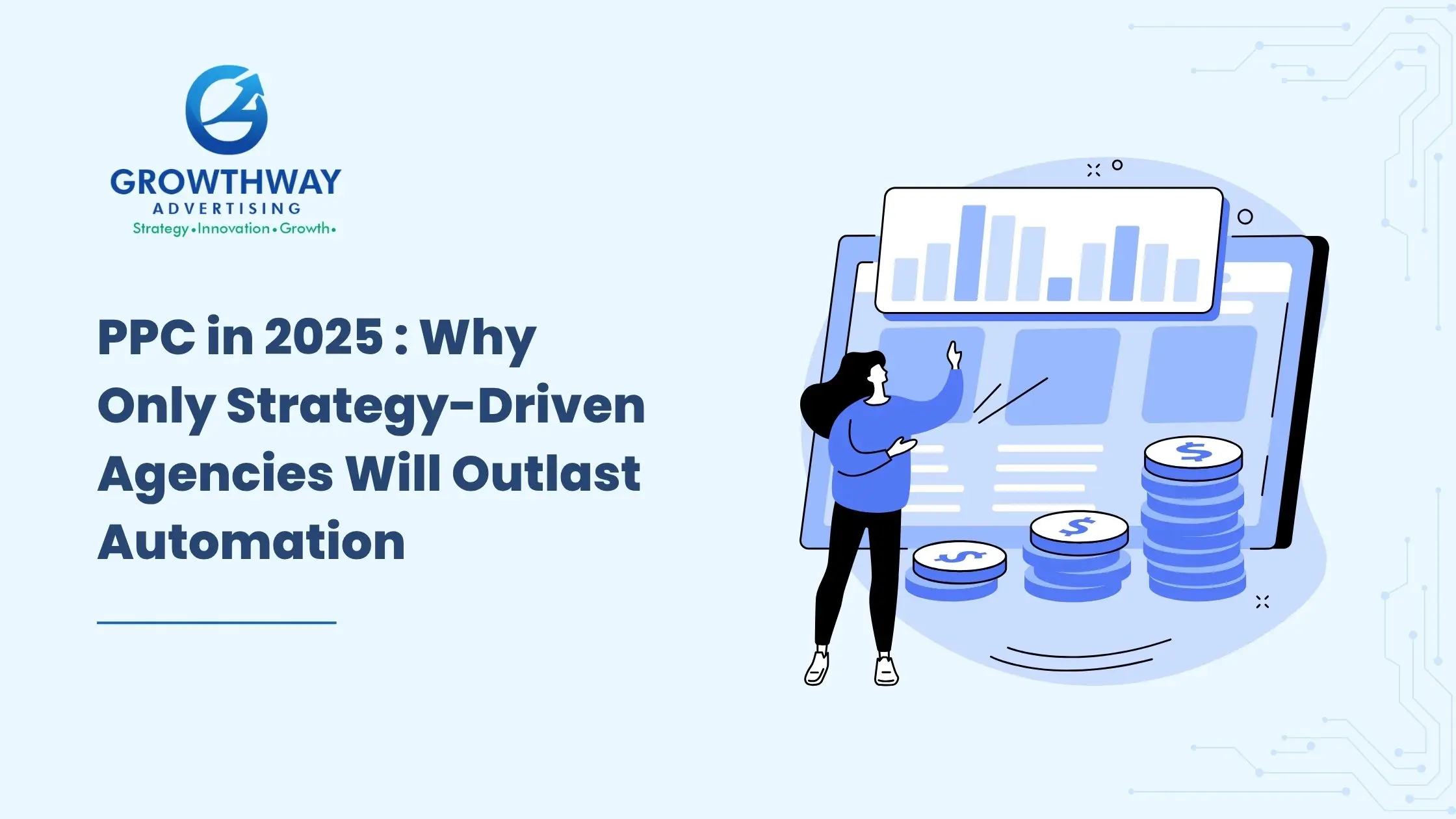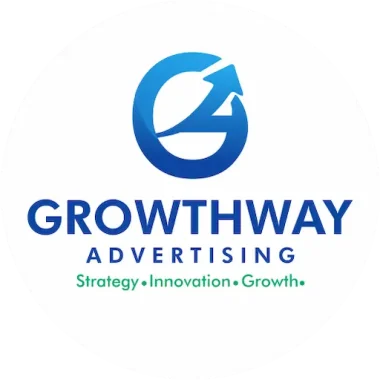There’s a lot of talk about AI taking over roles in digital marketing, especially in PPC. There are claims that it is more quick, intelligent and effective in terms of money as opposed to a human manager. The lack of strategy and intuition is argued by other people.
Instead of debating it, we decided to actually put it to the test.
We conducted a head-to-head test: the first campaign was fully automated by AI algorithms and the second one was enriched with the assistance of AI tools but directed by a human PPC agency director of our staff. Identical budget, identical advertising platform, identical target audience the only variance was who (or what) was in coal: same thing same place same cone.
Here’s exactly what we did, what we saw, and what it means for anyone thinking of replacing their PPC services with full automation.
Step 1 – Setting Up the Test
We chose Google Ads for this test because it offers robust AI automation options.
Campaign A (Full AI)
- Automated bidding (Target CPA)
- AI-generated ad headlines and descriptions
- AI-driven keyword targeting with no manual exclusions
- Smart audience targeting
- AI-optimized landing page suggestions from the platform’s built-in recommendations
Campaign B (AI-Assisted, Human-Led)
- Same AI tools for bidding and keyword research, but final decisions made by a human PPC company strategist
- Human-crafted ad copy, aligned with brand tone and emotional triggers
- Manual keyword refinement and negative keyword additions from day one
- Human oversight on landing page layout and message flow
- Strategic timing adjustments for ads based on industry knowledge and seasonal trends
Both campaigns had the same daily budget and targeted a mid-sized e-commerce business audience in the U.S.
Step 2 – The First Week
AI left an impression on the first week. Campaign A responded to data in real-time -milliseconds would see bids changed, poorly performing ads had been slowed down and audience segments had been honed in, without us even hitting the keyboards.
In the meantime, Campaign B needed a bit more time to accelerate since the manager of our best PPC agencies critiqued the AI proposals prior to applying them.
At the end of week one:
- Campaign A had a slightly better click-through rate (CTR) due to rapid ad rotation.
- Campaign B had fewer clicks but higher quality traffic, meaning more of those clicks turned into actual customers.
Step 3 – The Learning Period
The difference in the two campaigns began to be evident already by week two.
- Campaign A continued to continue to optimize towards past performance but failed to respond to the changes in the market that were not present in the data. An example would be when a neighbourhood competitor ran a large promotion in the middle of the week and AI continued to bid upwards on keywords where the offers were obviously stronger on their competitors’ site.
- With Campaign B, our PPC marketing services manager noticed the competitor advert on the first day of the week, switched to using different keywords, and modified the ad messages to focus more on exclusive advantages that the competitor could not afford.
That single human decision kept conversion rates steady while Campaign A’s dropped by 14%.
Step 4 – Ad Copy Differences
This also turned out as one of the biggest surprises.
- Campaign A’s AI-generated ad copy was grammatically correct and full of keywords but seemed generic. Words such as, “Shop Now for Great Deals” and “Discover Our Latest Collection” were abundant on the site of easy-to-make-clicks but did not help the company stand out.
- In Campaign B we used an emotionally appealing copy written by our human pay per click advertising company team team: “Get it Before It’s Gone – This Week Only” and “Made for People Who Hate Ordinary.”
The result? Campaign B’s ads had a lower overall CTR than Campaign A, but the click-to-conversion rate was 32% higher.
Step 5 – Budget Efficiency
The budget pacing went on very well with AI. Campaign A did not over spend too often, and spending every day was smooth.
Campaign B’s human manager, however, shifted the budget during the month through the coming of holidays and expected boosts to demand. This resulted in spending spurts close to higher occasions when the audience was most willing to purchase thus allowing the audience to spend more without a rise in the overall monthly expenditure.
This type of anticipation of a surge before the numbers require its demonstration is something that AI simply could not conduct.
Step 6 – Final Month Results
After 30 days, here’s what we saw:
Campaign A (Full AI)
- CTR: 4.8%
- Conversion Rate: 2.1%
- Cost Per Acquisition (CPA): $54
- Total Conversions: 113
Campaign B (AI-Assisted, Human-Led)
- CTR: 4.2%
- Conversion Rate: 3.4%
- CPA: $41
- Total Conversions: 165
Both campaigns were profitable, but the human-led one generated 46% more conversions and had a lower CPA.
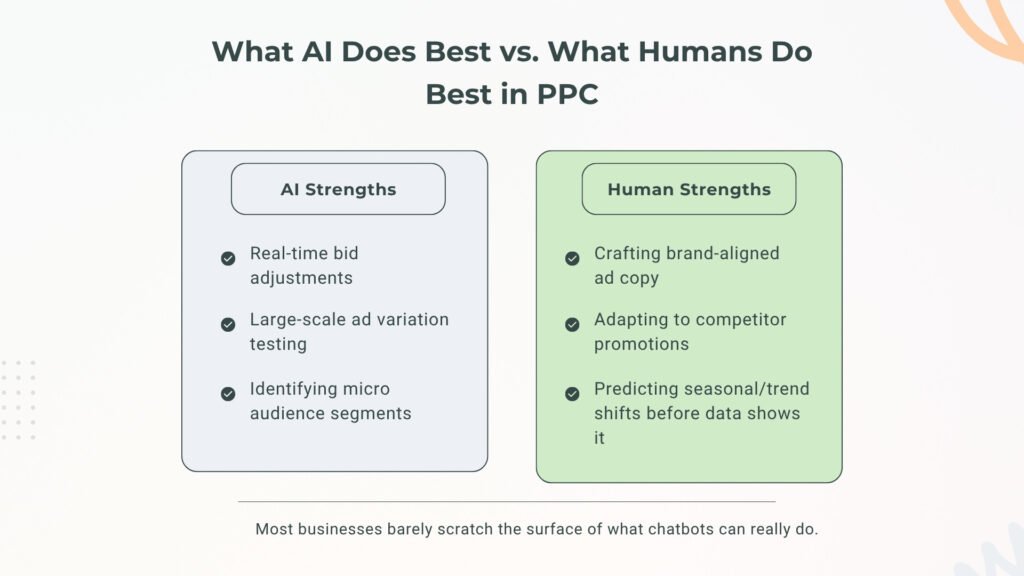
Why AI Fell Short Without Human Oversight
Our experiment has revealed that AI is superb at action but it is not good at planning. It cannot figure out your market, competitors or brand personality unless you provide it with unimaginably detailed parameters.
Key areas where AI underperformed:
Brand voice alignment – ads felt generic and forgettable
Competitor response – it kept bidding against stronger offers without pivoting
Proactive opportunities – missed seasonal or cultural trends without being told
Where AI Outperformed Humans
Not that all was bad with AI by far. Indeed at certain points it even outstripped us:
- Bid adjustments – no human can tweak bids across thousands of keywords in milliseconds
- A/B testing scale – it tested hundreds of ad variations in the time a human might test 20
- Audience targeting refinement – found micro-segments that weren’t on our radar
The Hybrid Model Wins
The conclusion of this experiment is also obvious: when it comes to hiring a PPC agency or PPC advertising companies, AI can be most efficient to achieve the best outcomes when syncing with human ingenuity and planning.
AI keeps the engine running fast; humans make sure it’s heading in the right direction.
If we had run Campaign A without Campaign B, we might have thought we were doing great until a competitor out-maneuvered us or market conditions shifted.
What Businesses Should Do Next
Assuming that you are taking care of your own PPC services, here is what we would advise you to do upon performing this test:
- Have artificial intelligence do the heavy lifting: bidding, testing and data analysis.
- Retain human input in creative, competitive and strategic decision making.
- Scout the moves of the competitors and changes in the market.
- Regularly review AI’s ad copy for brand voice consistency.
When you are collaborating with a PPC company, be sure and ask them specifically how they incorporate AI. The most appropriate PPC company will be open about where the line between automation and human control lies.
Key Takeaways from the Experiment
- AI can run a profitable campaign, but it struggles to adapt to sudden, non-data-driven market changes.
- Human managers excel at creative messaging, competitor analysis, and strategic pivots.
- The most profitable approach is AI + human expertise, not AI alone.
FAQ’s
Our test showed that AI can run a campaign on its own, but it struggles with strategy, competitor response, and creative messaging.
In the short term, yes. But our human-led campaign delivered a lower cost per acquisition (CPA) and higher overall revenue.
In our experiment, AI made noticeable improvements within the first 48 hours, far faster than a manual-only setup.
Lack of brand voice consistency, inability to anticipate non-data-driven events, and limited creative thinking.
The AI-only campaign delivered fewer conversions (113 vs. 165) and a higher CPA ($54 vs. $41).
It can generate grammatically correct ads quickly, but in our test, human-written ads converted better.

